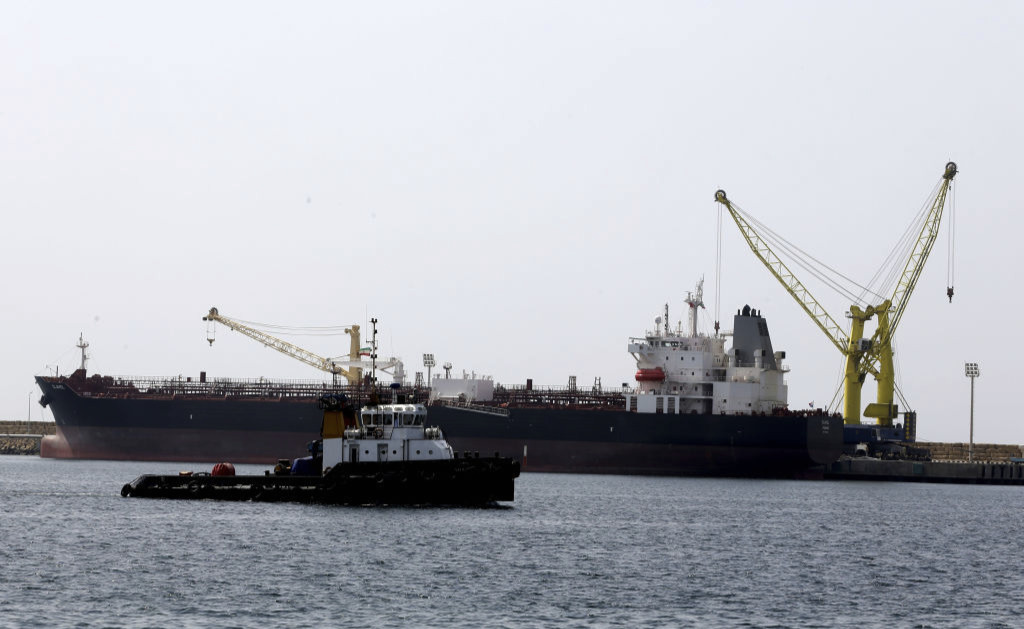
History continues to offer lessons and strategy to Washington if only the Biden Administration had the wisdom to hear it.
Eighty years ago, the allies quickly realized that both Nazi Germany and Imperial Japan fed their war machines on oil. In the Pacific, American submarines sank every enemy tanker on sight, choking off the crucial petroleum desperately needed by Japan. It would be part of a ground, naval and air strategy that ultimately brought surrender. In Europe, our air forces went after the refineries and the rail networks that were fueling the German military. At the end of that conflict, there were probably more disabled Tiger tanks from lack of fuel than from bazookas.
Let us be clear who today's enemy is in the Middle East.
Hamas may be carrying out the atrocities against Israeli civilians, but they are proxies of Iran.
Missiles fired by Yemen's Houthi rebels recently struck three commercial ships in the Red Sea and attacked a U.S. warship. Those missiles were supplied by Iran.
Hezbollah has been lobbing rockets into northern Israel. Their masters? The Iranians.
The Iranians are operating with impunity because they believe the United States does not currently have the military will or strategic vision to act against them. They will continue to use their proxies to ratchet up the violence, testing to see where is America's "red line." After all, it is not as if anyone believes these various malevolent forces are acting on their own. So, for Iran's mullahs, how far can they go in sponsoring violence against America's allies? And more to the point, against America itself?
The Israelis understand exactly the nature of what they are facing. They know that without an overwhelming military response to the Hamas-Iranian massacres they will collectively become hostage to the next Iranian-sponsored attack. And who is to say that the next one will not include a tactical nuclear weapon detonated within a Hamas tunnel that has been dug miles into Israel.
President Ronald Reagan understood the meaning of "red line." In 1986, he ordered an air raid on Libyan dictator Muammar Gaddafi's command and control center for overseas terrorist operations. That attack not only sent a stunning message to Libya but to every one of America's enemies throughout the Middle East.
Much like democracy's foes of 80 years ago, Iran needs oil to function -- exporting it to obtain the hard currency the regime needs to that keep it functioning. Whether it is an American naval quarantine, perhaps an equally concerned unidentified third party mining the waters off Iran's seaports, or some other appropriate response, Tehran might begin to understand that its days of unilaterally creating mayhem, murder and terror are over.
Lawrence Kadish serves on the Board of Governors of Gatestone Institute.


